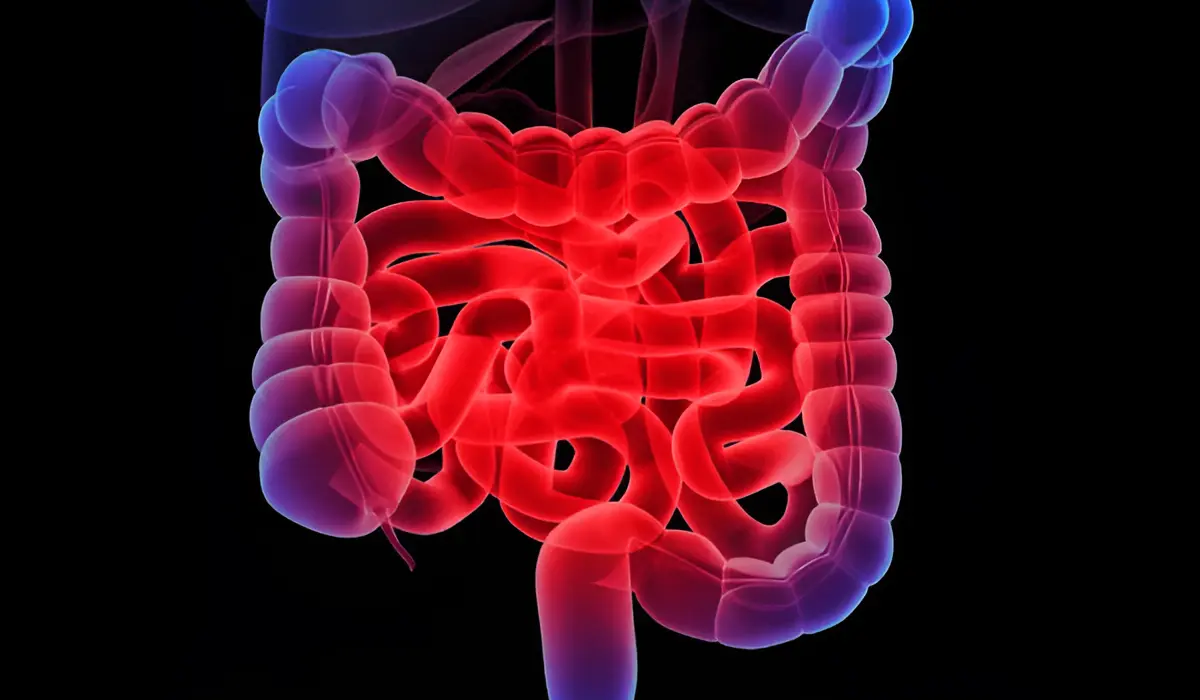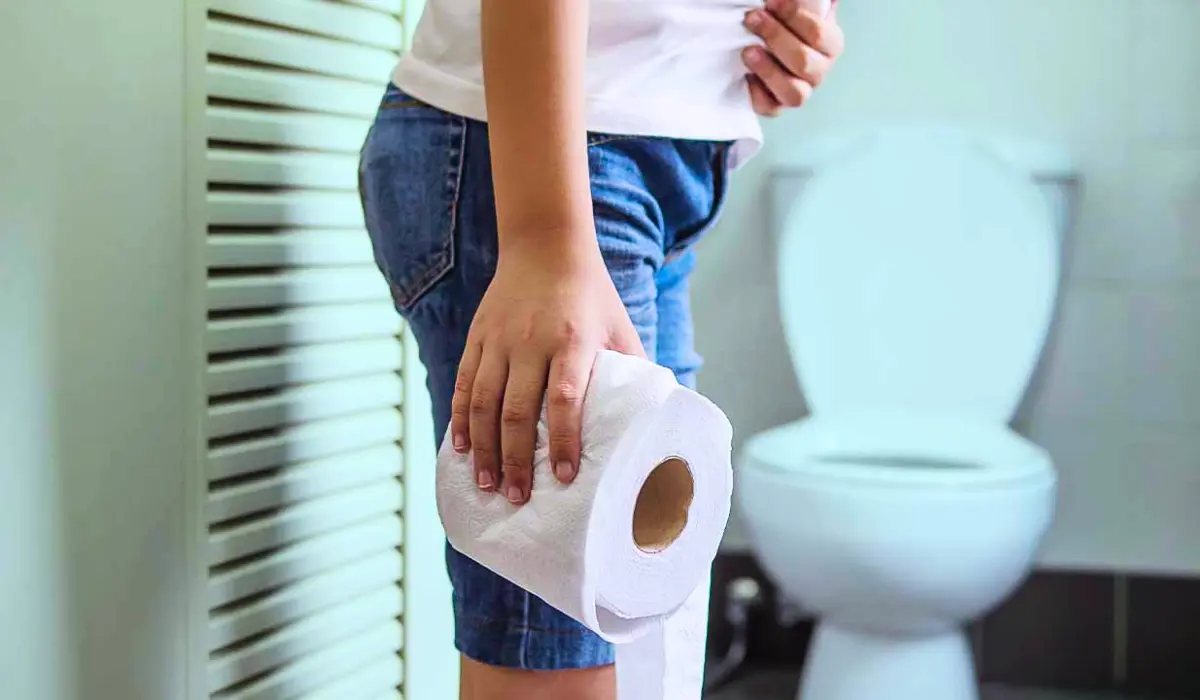Bowel leakage, also known as fecal incontinence, is a condition that affects millions of people worldwide. It is characterized by the unintentional passage of stool or gas from the rectum, which can be both embarrassing and distressing for those who experience it.
While bowel leakage can be a symptom of various underlying conditions, including cancer, Beyond the physical discomfort, bowel leakage can lead to social isolation and impact one’s quality of life. it is essential to understand that not all cases of bowel leakage are directly linked to cancer.
Understanding Bowel Leakage
Bowel leakage occurs when the muscles or nerves that control the rectum and anus are not functioning properly. These muscles, known as the sphincter muscles, play a crucial role in preventing the involuntary release of stool or gas. When these muscles become weakened or damaged, it can lead to bowel leakage.

Some Common Causes Of Bowel Leakage
- Weak or damaged sphincter muscles: These muscles can become weakened due to aging, childbirth, surgery, or certain medical conditions.
- Nerve damage: Conditions such as diabetes, stroke, or spinal cord injuries can damage the nerves that control the sphincter muscles, leading to bowel leakage.
- Chronic diarrhea or constipation: Persistent diarrhea or constipation can put added pressure on the rectum and anus, making it more difficult to control bowel movements.
- Inflammatory bowel diseases (IBD): Conditions like Crohn’s disease or ulcerative colitis can cause inflammation and damage to the digestive tract, leading to bowel leakage.
- Pelvic floor dysfunction: This refers to a group of disorders that affect the muscles and tissues that support the pelvic organs, including the rectum and bladder.
It’s important to note that bowel leakage can significantly impact an individual’s quality of life, causing emotional distress, social isolation, and other physical complications if left untreated.
Symptoms And Signs Of Cancer
While bowel leakage can be a symptom of cancer, particularly colorectal cancer or anal cancer, it is not a definitive sign of cancer. Cancer can present with various symptoms, including:
- Unexplained weight loss
- Persistent fatigue or weakness
- Changes in bowel habits, such as diarrhea or constipation
- Blood in the stool
- Abdominal pain or discomfort
- Loss of appetite
If you experience any of these symptoms, along with bowel leakage, it is essential to consult a healthcare professional for proper evaluation and diagnosis.
Bowel Leakage And Cancer
Bowel leakage can be associated with certain types of cancer, particularly those that affect the digestive tract or pelvic region. For instance, colorectal cancer, which is a cancer that begins in the colon or rectum, can cause bowel leakage due to the tumor’s interference with the normal function of the rectum and anus.
Similarly, anal cancer, which affects the anus, can also lead to bowel leakage as the tumor grows and obstructs the normal passage of stool. In some cases, the cancer or its treatment (such as radiation therapy or surgery) can damage the nerves or muscles responsible for controlling bowel movements, leading to incontinence.
However, it’s crucial to understand that bowel leakage alone is not a definitive sign of cancer. Many other conditions, such as inflammatory bowel diseases, pelvic floor disorders, or neurological conditions, can also cause bowel leakage without the presence of cancer.
Other Possible Causes Of Bowel Leakage
While cancer can be a potential cause of bowel leakage, there are several other factors that can contribute to this condition:
- Aging and weakened pelvic floor muscles: As we age, the muscles that support the pelvic organs, including the rectum and anus, can become weaker, leading to bowel leakage.
- Pregnancy and childbirth: The process of childbirth can put significant strain on the pelvic floor muscles, potentially causing nerve damage or muscle weakness that can result in bowel leakage.
- Certain medical conditions: Conditions like diabetes, multiple sclerosis, Parkinson’s disease, or spinal cord injuries can affect the nerves that control bowel movements, leading to incontinence.
- Previous pelvic or rectal surgery: Surgeries in the pelvic or rectal area can damage the nerves or muscles responsible for bowel control, increasing the risk of leakage.
- Chronic constipation or diarrhea: Persistent constipation or diarrhea can put added pressure on the rectum and anus, making it more difficult to control bowel movements.
- Lifestyle factors: Obesity, poor diet, and lack of exercise can contribute to weakened pelvic floor muscles and increased risk of bowel leakage.
Seeking Medical Evaluation
If you experience bowel leakage, it is essential to seek medical evaluation to determine the underlying cause and receive appropriate treatment. Your healthcare provider may perform various tests, such as a physical examination, blood tests, imaging studies (like a colonoscopy or CT scan), or other diagnostic procedures, to rule out or confirm the presence of cancer or other conditions.
Early detection and timely treatment are crucial for managing bowel leakage and addressing any underlying medical issues, including cancer. In the case of cancer, early diagnosis can significantly improve the chances of successful treatment and better outcomes.
Also Read: Managing Semaglutide Constipation: Effective Tips For Relief!
Conclusion
While bowel leakage can be a symptom of cancer, it is not always indicative of a cancerous condition. Many other factors can contribute to this condition, and proper medical evaluation is necessary to determine the root cause. If you experience bowel leakage or any concerning symptoms, it is essential to consult a healthcare professional promptly for proper diagnosis and treatment.







